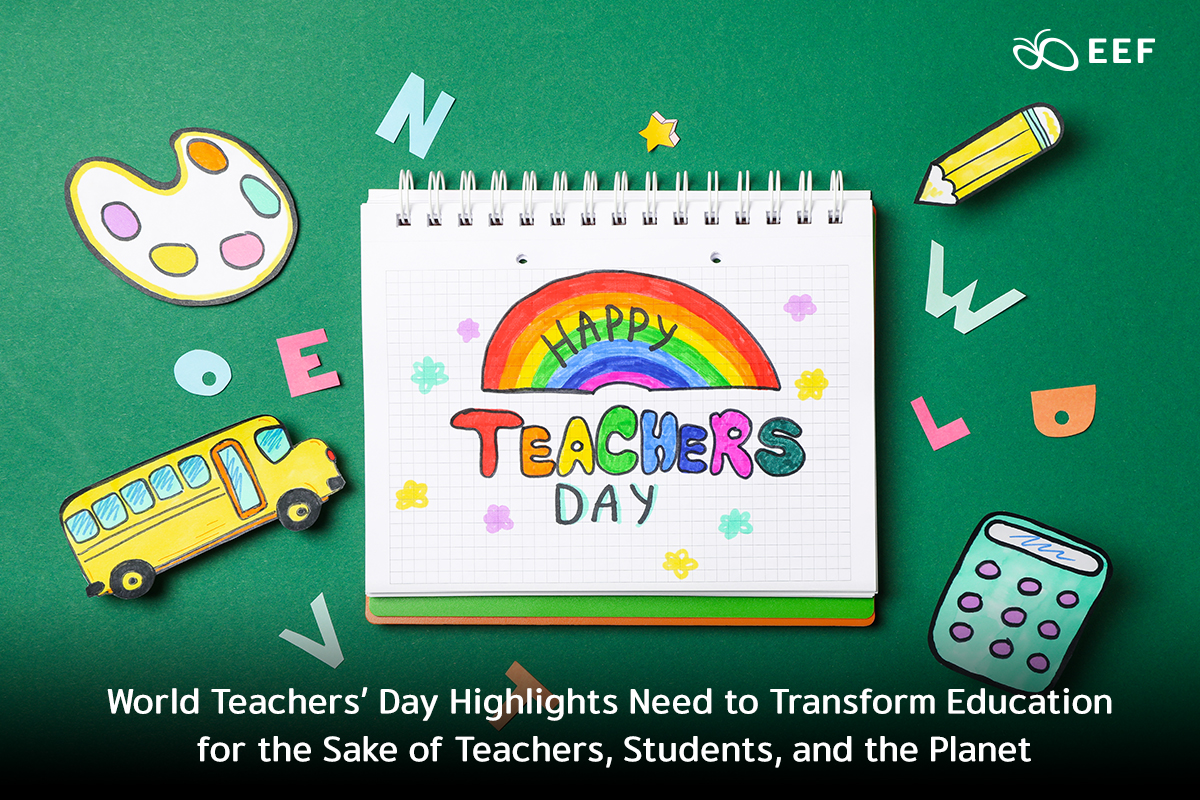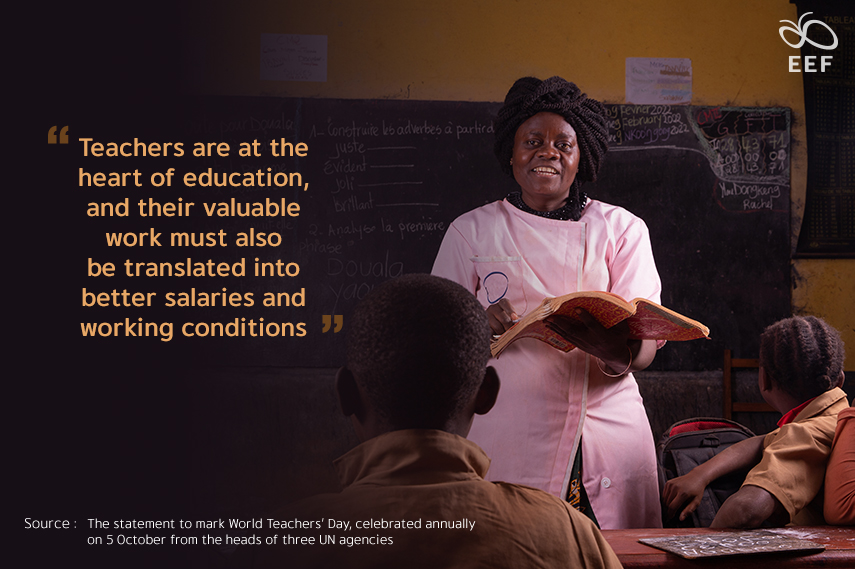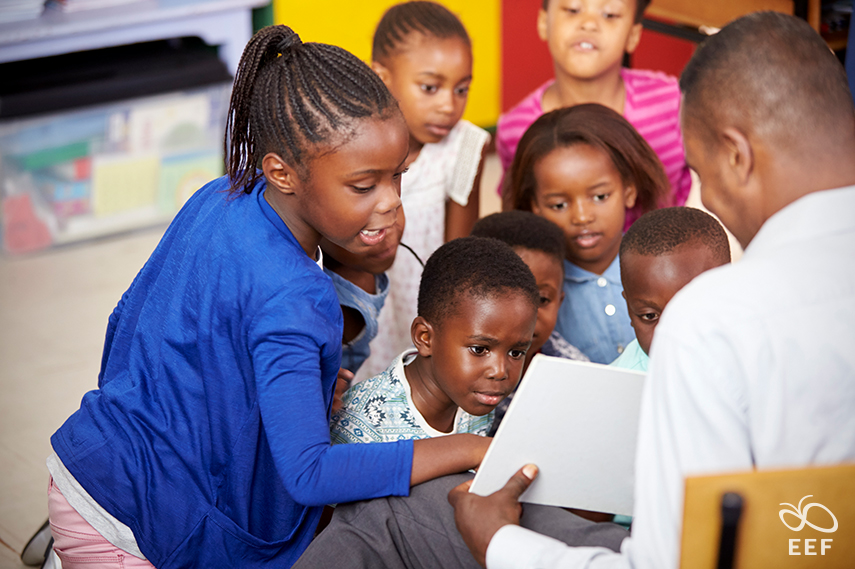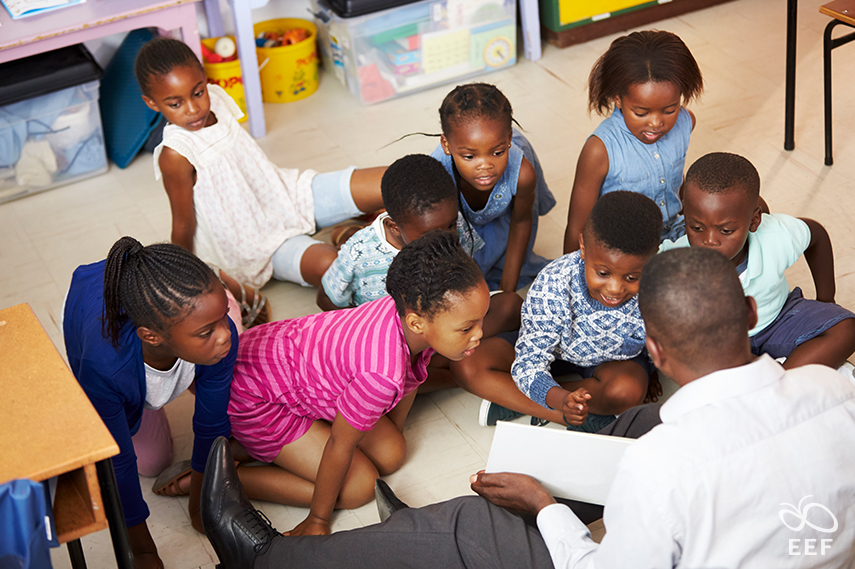
“Teachers are at the heart of education, and their valuable work must also be translated into better salaries and working conditions,” stated the heads of three UN agencies — namely UN Educational, Scientific, and Cultural Organization (UNESCO), International Labour Organization (ILO), and UN Children’s Fund (UNICEF) — and a partner organization, Education International, in their joint message to commemorate World Teachers’ Day, which is observed annually on October 5th. The statement further doubled down on the international community’s commitment to transforming education — a process that must be led by teachers. On this note, the heads called on countries to ensure that teachers are trusted and recognized as knowledge producers, reflective practitioners, and policy partners.

According to the Transforming Education Summit (TES) held last month, the transformation calls for the right number of empowered, motivated, and qualified education personnel with the right skills in the right place. However, in many parts of the world, classrooms are far too crowded, and teachers are far too scarce — on top of being overworked, demotivated, and unsupported. This has culminated in an unprecedented number of teachers leaving the profession as well as a significant decline in the number of people studying to become teachers. If left unaddressed, the loss of professional teaching corps could be a detrimental setback to achieving Sustainable Development Goal or SDG4 — ensuring quality education for all by 2030, and would disproportionately affect students in remote or poor areas, as well as women and girls, and vulnerable and marginalized populations. The single most crucial action that must be taken to enhance the learning and well-being of students and communities is none other than to bring qualified, supported, and motivated teachers into classrooms and keep them there.
Relatedly, three innovative programs from Benin, Haiti, and Lebanon have been recognized for their efforts to enhance the role of teachers and thereby transform education, both in their communities and beyond.

These initiatives are the recipients of the 2022 UNESCO-Hamdan Prize for Teacher Development, which is given to initiatives that contribute to the improvement of teaching and learning quality in line with the SDGs.
The Learning in Peace, Education without Violence program in Benin offers educational solutions with a focus being placed on preventing all forms of violence and radicalization, thereby advancing well-being and a culture of peace, security, equity, and inclusion. Over 4,500 teachers have been trained, and more than 250,000 children reached.
The Training Teachers to Transform Haiti program strives to improve the quality of education by training teachers, school directors, parents, and community members, thereby transforming teachers’ methods into effective student-centered ones that cultivate critical thinking, collaboration, and creativity. More than 8,000 educators and 350,000 students across Haiti have benefited from the program.

In the TAMAM Project for School-Based Educational Reform, university researchers and educational practitioners in Lebanon work together to develop strategies grounded in the socio-cultural contexts of the Arab region. With 100 improvement projects initiated over the past 15 years, the initiative encompassing 70 schools in 10 countries in the region has benefited 1,000 educational partners.
World Teachers’ Day celebrates the critical role teachers play in transforming learners’ potential by ensuring that they have the resources they need to take responsibility for themselves, for others and for the planet. This is in line with the mission of the Equitable Education Fund (EEF) Thailand, which is to reduce education inequality through research, collaboration, and support for children and youth in need.

